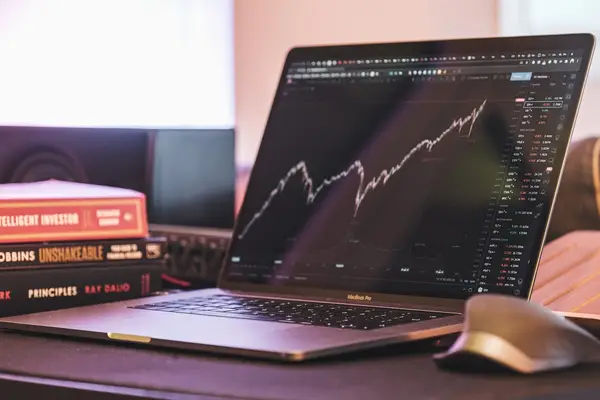The foreign institutional investors (FIIs) sold shares worth a net Rs 2290.31 crore, while domestic institutional investors (DIIs) purchased shares worth a net Rs 951.13 crore in the Indian equity market on September 1, as per provisional data available on the NSE.
Also Read| GST collection rises 28% to Rs 1.43 lakh crore in August
In the month of August 2022, FIIs bought shares worth a net Rs 22,025.62 crore while DIIs sold shares worth a net Rs 7,068.63 crore.
Also Read| India’s manufacturing PMI edges down to 56.2 in August from 56.4 in July
The Sensex dropped 770.48 points or 1.29% to 58,766.59 and the Nifty was down by 216.50 points or 1.22% to 17,542.80 on Thursday.
Also Read| What is Social Stock Exchange; how organisations can list on it?
The Sensex touched a high and low of 59,309.79 and 58,522.57, respectively. There were 7 stocks advancing against 23 stocks declining on the index.
Also Read| Indian government hikes windfall profit tax on diesel, ATF exports: What it means
The Nifty traded in a range of 17,695.60 and 17,468.45. There were 13 stocks advancing against 37 stocks declining on the index.
Also Read| Indian economy to grow at 7% this fiscal: Finance Secretary TV Somanathan
FII stands for ‘foreign institutional investor,’ and refers to an investment fund or an investor who puts their money into a country’s assets while being headquartered outside of it.
Also Read| Reliance Retail buys soft drink brands Campa, Sosyo from Pure Drinks Group
In India, this is a commonly used term to refer to outside entities contributing to the country’s financial markets by investing.
Also Read| India’s GDP grows by 13.5% in Q1; what to expect going forward?
On the other hand, ‘DII’ stands for ‘domestic institutional investors.’ Unlike FIIs, DIIs are investors that invest in the financial assets and securities of the country they are currently residing in.
Also Read| Reliance AGM 2022: 10 Key highlights
These investment decisions of both FIIs and DIIs are impacted by political and economic trends. Additionally, both types of investors — foreign institutional investors (FIIs) and domestic institutional investors (DIIs) — can impact the economy’s net investment flows.







